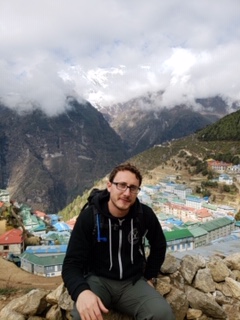Think Twice Before Questioning Twins

While bringing a scoop of ice cream home for a child is a treasured treat, it is pretty universally accepted that two scoops is even better. The same goes for bringing twins home from the hospital – even though parents of twins are often described as overwhelmed, drained, and just plain exhausted. Much is written and discussed about the parents of twins. Perhaps it is time to take a closer look at how the twins themselves feel, specifically, once they are teenagers. Although approximately three percent of the population is born only moments after an older sibling, identical twins are not as common. Less than half of one percent of people might as well be looking in a mirror when they look at their older sibling. As the younger members of two identical sets of twins, we felt it was important to quench the public’s curiosity and bring awareness to those who want the “double scoop” about twins.

















